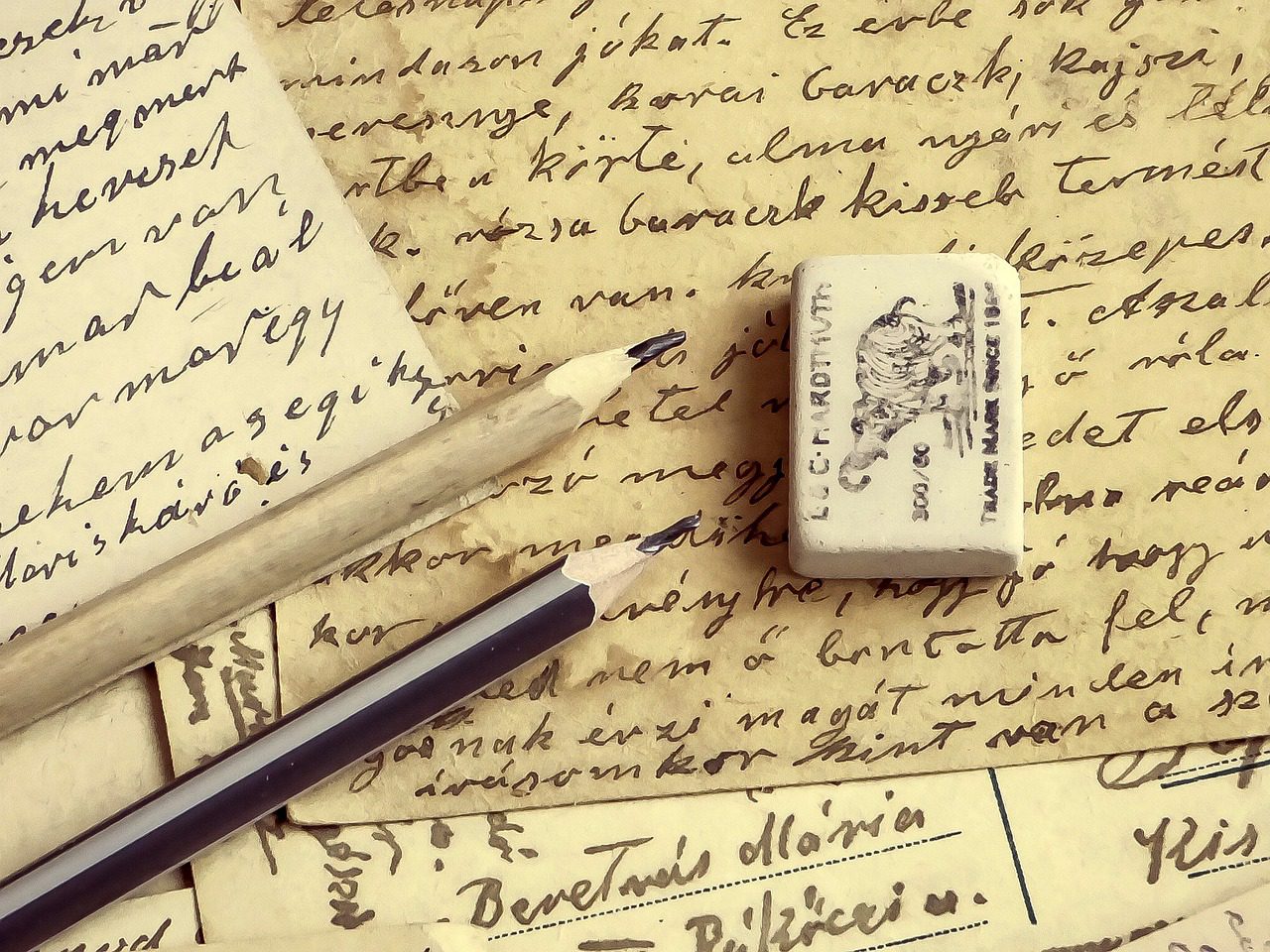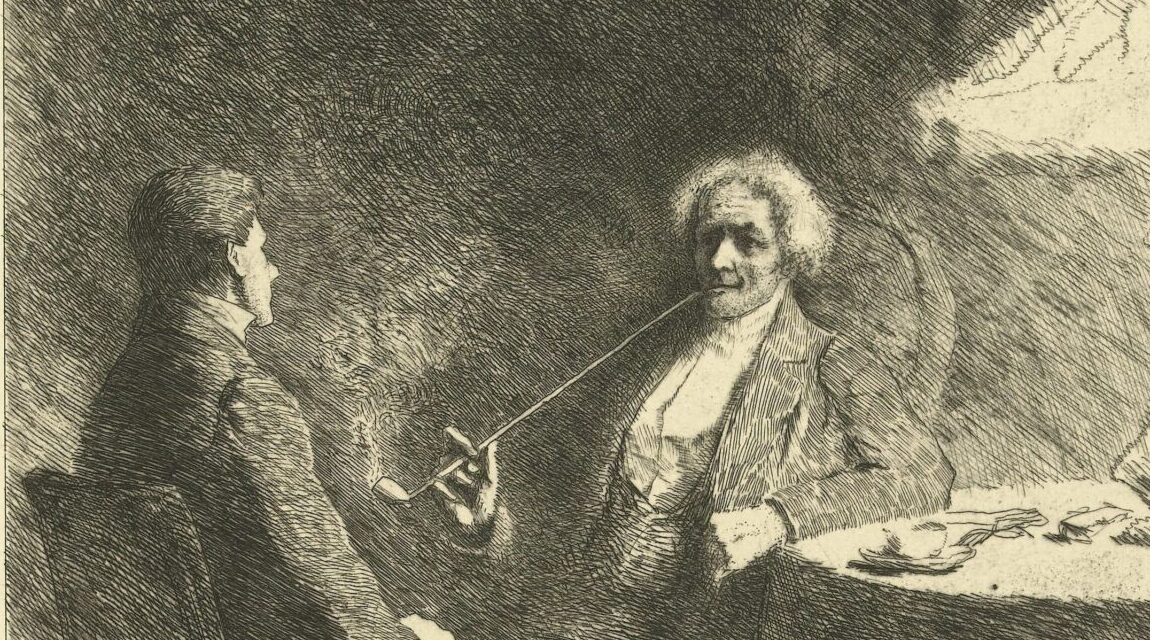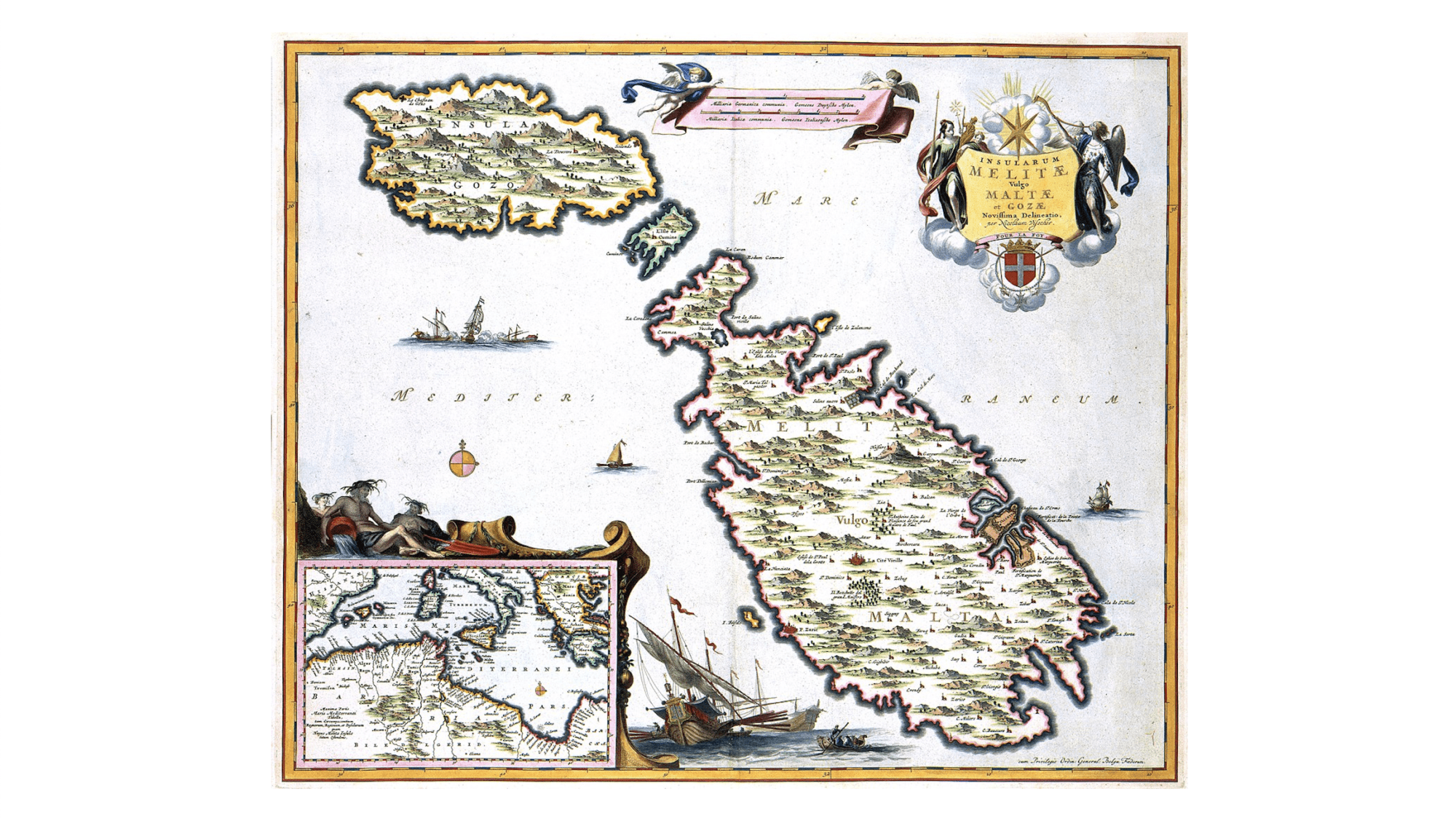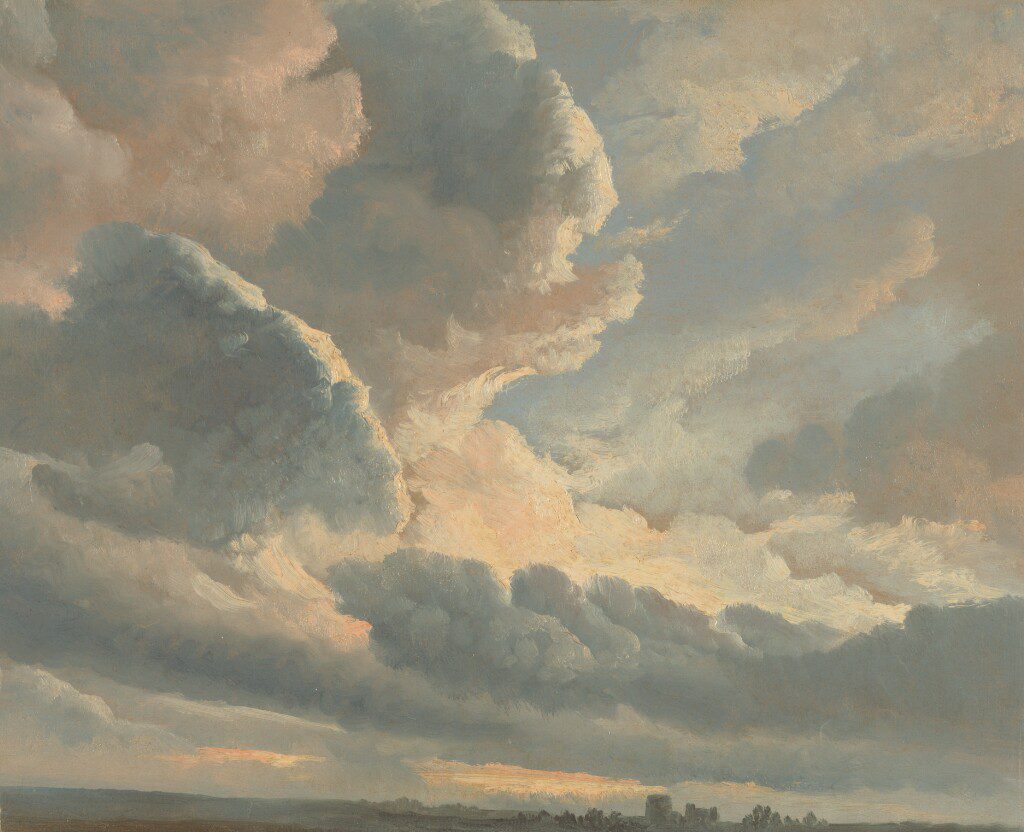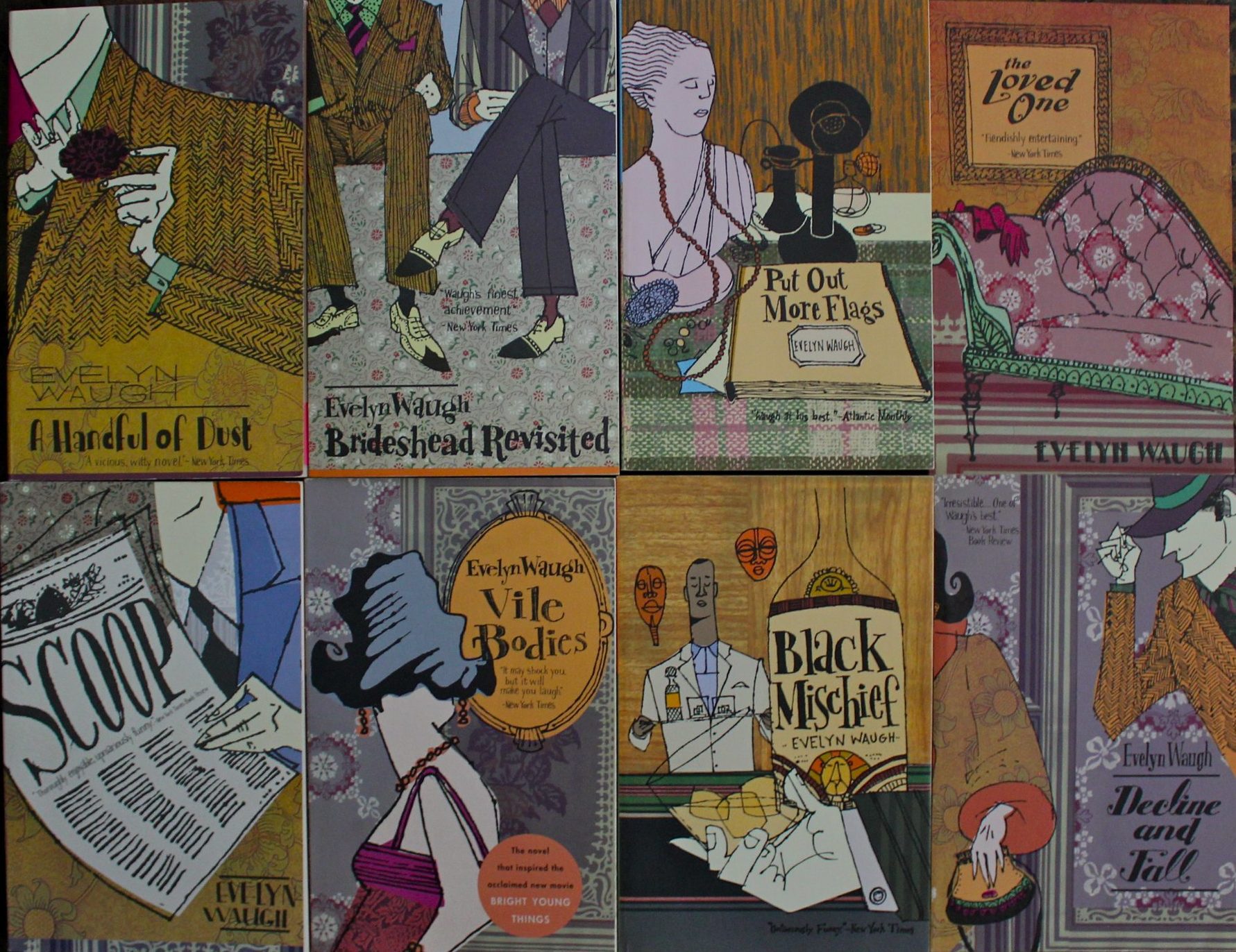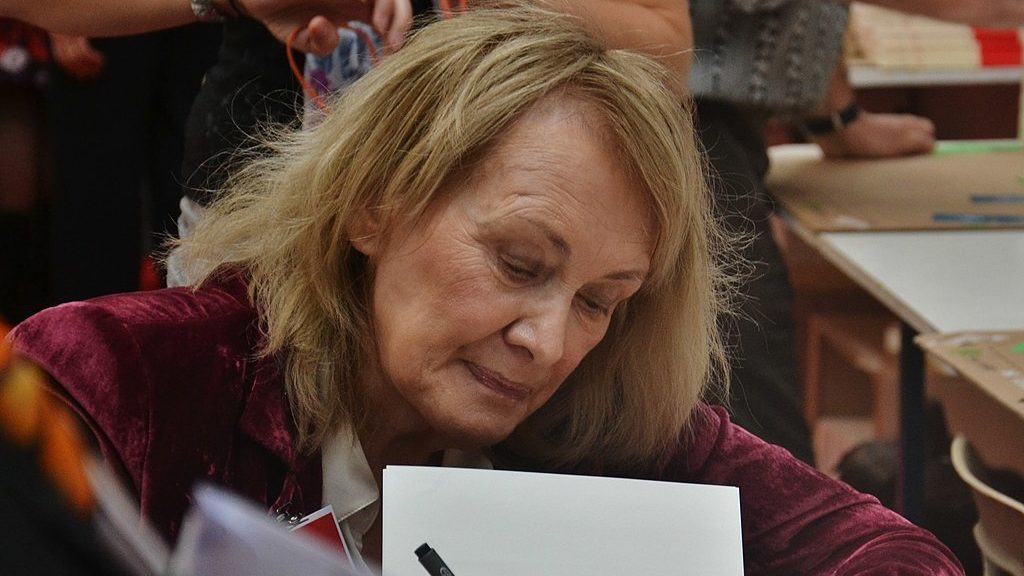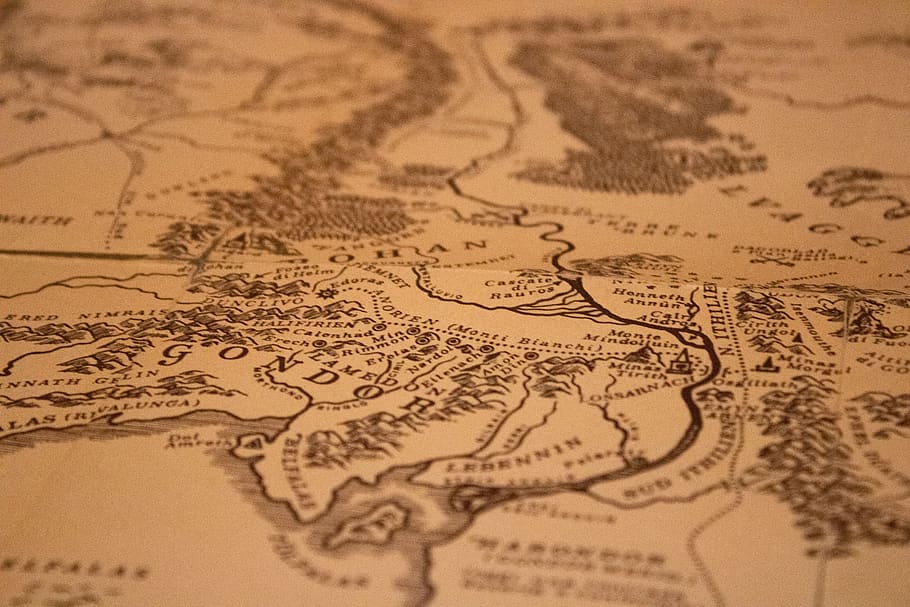
Tolkien’s True Love
The values of Tolkien’s world are not those of moral relativism, but those of the traditional Christian conception of courtship and romantic loyalty, in which the intimate aspects of love are treated with discretion and respect that protects their nobility.


